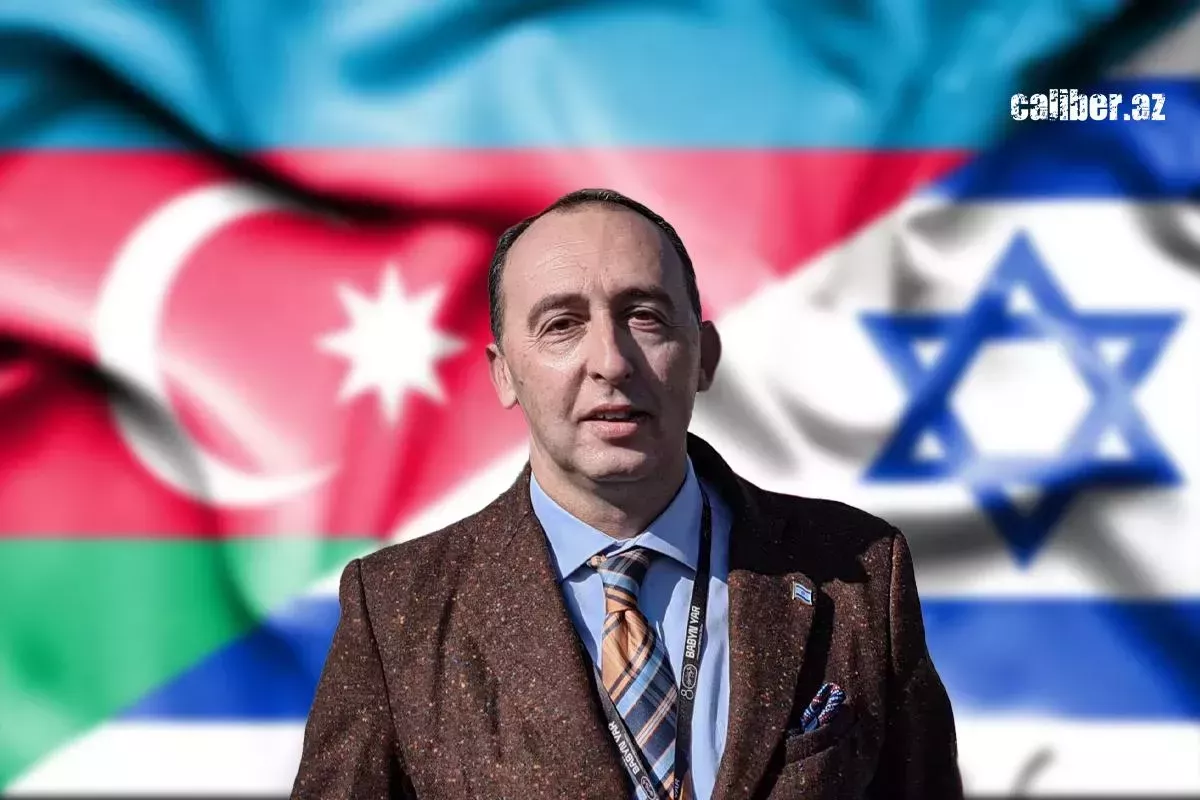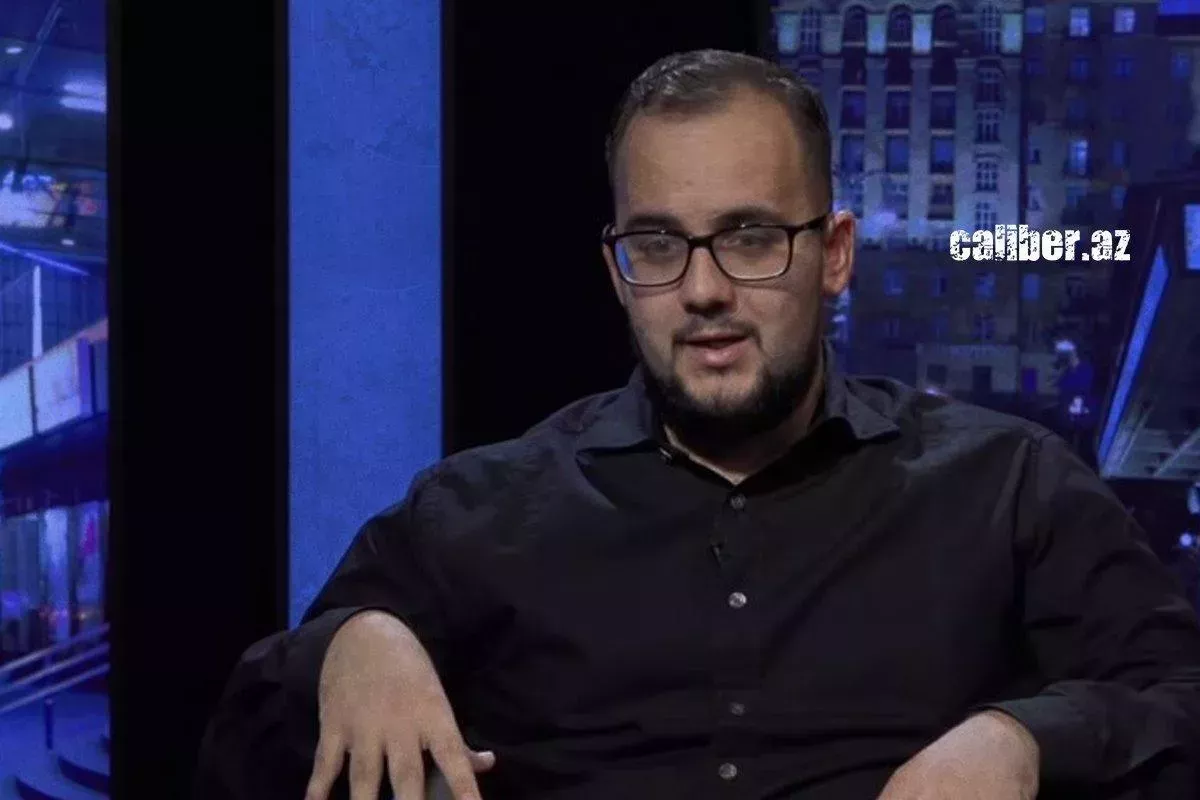Israel: “Human bulldozer” Katz takes over for cautious Gallant Experts weigh in on Netanyahu’s desicion
Israeli Prime Minister Benjamin Netanyahu has dismissed Defense Minister Yoav Gallant, appointing Foreign Minister Israel Katz as his replacement, reports The Jerusalem Post.
"My highest duty as prime minister of Israel is to safeguard Israel’s security and lead us to a decisive victory. During wartime, more than ever, a complete trust between the prime minister and the defense minister is essential. Unfortunately, while we initially had this trust and accomplished much in the early months of the campaign, over recent months, that trust between me and the defense minister has eroded," Netanyahu stated, as quoted by the publication.
He added that he attempted to resolve differences with the minister, but it yielded no results, and information about their conflict became public.
"They [disagreements] also came to the knowledge of the public in an unacceptable way, and worse than that, they came to the knowledge of the enemy — our enemies enjoyed it and derived a lot of benefit from it," noted the Prime Minister.
He highlighted Katz’s track record, saying he demonstrated his abilities as both Finance Minister and Foreign Minister. According to Netanyahu, the new Defense Minister brings an excellent mix of experience and practical skills. Gideon Sa’ar, a current minister without portfolio, will step in as the new Foreign Minister.
Following Netanyahu’s decision, Gallant posted on X (formerly Twitter), affirming, "The security of the State of Israel has been and will always remain my life's mission."
As The Jerusalem Post notes, this isn’t Netanyahu’s first move to oust Gallant; last March, he threatened to remove him after Gallant warned that the government’s judicial reforms posed a threat to national security. This warning led to massive protests and ultimately to the reform’s cancellation.
Relations between the two officials further deteriorated after the October 7, 2023, Hamas attack on Israel. Gallant had served as Defense Minister since December 2022.
What led Netanyahu to take such a drastic step now? Could this decision worsen Israel’s position on two fronts? Foreign political analysts shared their insights on these questions with Caliber.Az.

According to Israeli historian and journalist Shimon Briman, Yoav Gallant was essentially the representative of the left-wing opposition within the right-wing government coalition.
"He was an outsider within the government, despite only becoming a Knesset member through a spot on the right-wing Likud party's list. Gallant acted with a 'no one tells me what to do' attitude and consistently sought to counter Prime Minister Benjamin Netanyahu’s agenda through his actions.
It's also significant that Gallant effectively served as an 'agent' of the US Democratic administration. He often echoed the positions of the Biden-Blinken administration and agreed to their demands. For instance, in the spring of 2024, when the Biden administration urged against expanding operations into Rafah, Gallant opposed the Israeli Defense Forces' expansion there. And when Netanyahu raised the possibility of eliminating Hezbollah leader Nasrallah in a narrow military cabinet meeting in September 2024, it was Gallant who objected, setting US consent as a precondition—effectively canceling the operation.
A couple of months ago, Gallant even arranged a visit to the US without seeking the Prime Minister’s approval, only for Netanyahu to intervene and halt the trip at the last minute. For two years, Gallant displayed disloyalty to the head of government—and it was no longer tenable to have a Defense Minister who went weeks without meeting the Prime Minister during wartime.
And note the elegance and timing of Netanyahu’s decision: he dismissed Gallant on November 5, the day of the US presidential election, precisely calculating that the White House would be too preoccupied to 'rescue their man' amid the Democrats' sweeping defeat," Briman highlighted.
According to Briman, Gallant opposed the entry of the Israeli Defense Forces (IDF) into Lebanon’s border areas and hindered the IDF from acting decisively in Gaza and Lebanon. He forced the military to conduct repeated sweeps of towns and regions that had already been cleared of Hamas, only for the IDF to pull out afterward.
"These repeated entries and withdrawals cost the lives of dozens of our soldiers. I see Gallant’s dismissal, who only weakened the IDF, as a positive step for both the army and the entire country. With the new Defense Minister, Israel Katz, I anticipate a more aggressive military strategy. The IDF will be able to operate at full strength, freed from the constraints that Gallant imposed.
As a journalist, I’ve followed Israel Katz’s career for many years and know him as a strong executor of complex projects. As the most successful Transport Minister in Israel’s history, Katz transformed the country’s transport and port systems over eight years. He’s a ‘human bulldozer’, a top manager—a ‘excavator.' Katz knows how to break down obstacles and remove barriers. This is exactly the kind of leader we need to decisively defeat Hamas and Hezbollah," Briman said.

Middle East expert and analyst at the Ukrainian Institute for the Future, Iliya Kusa, commented that he does not support alarmist claims suggesting that the change in Israel’s Defense Minister will suddenly destabilize the country's fronts.
"Any army is not dependent on a single individual, and I believe the Israeli army is no exception. While it’s clear that this dismissal is an unpleasant decision and ideally one to avoid during wartime, in this case, it seemed inevitable. Tensions between Israel’s Defense Minister and the Prime Minister had been simmering for over six months, and something was bound to trigger this response and lead to a dismissal.
They had disagreements on various issues, from Yoav Gallant’s advocacy to end the war in Gaza—since the main military tactical objectives had been met—to Netanyahu’s insistence on continuing the campaign. They also clashed on the issue of drafting ultra-Orthodox Jews into the army, which Gallant supported, while Netanyahu opposed it due to demands from his coalition partners in the far-right religious parties.
Recently, tensions between them were further strained over the war in Lebanon. The Defense Minister, along with parts of the security apparatus, insisted that the war should end and that Israel should agree to a truce with Hezbollah, even though Israel had not made significant advances in southern Lebanon. But it seems that Netanyahu was not ready to make that decision, likely holding out for the US election outcome, hoping for a Trump victory, which he believed would give him the green light to expand military operations and possibly even secure direct support," the analyst noted.
As for how true this is, he said, time will tell; there are still two months until the US president’s inauguration.
"So, I’m not surprised by this decision. I’m not sure why it was made on November 5 specifically—maybe there was another dispute between them—but in any case, it’s something many had anticipated. I wouldn’t be surprised if, following this, the Israeli Prime Minister seeks to make further personnel changes within other security agencies where he’s also had disagreements over the vision for ending the wars in Gaza and Lebanon and over peace talks with Hamas," Kusa speculated.








